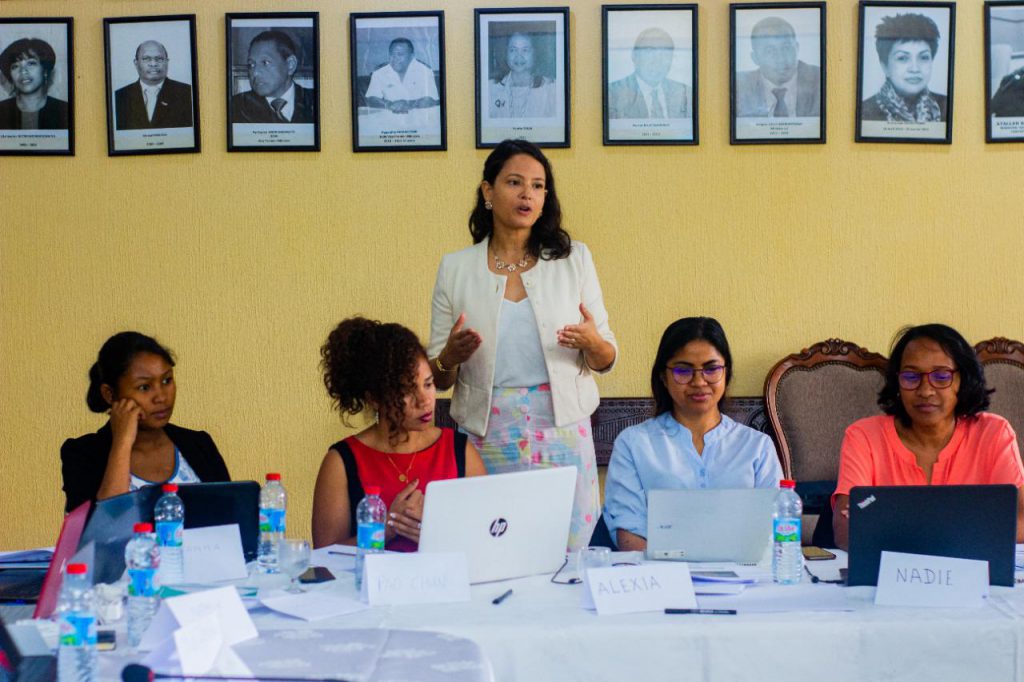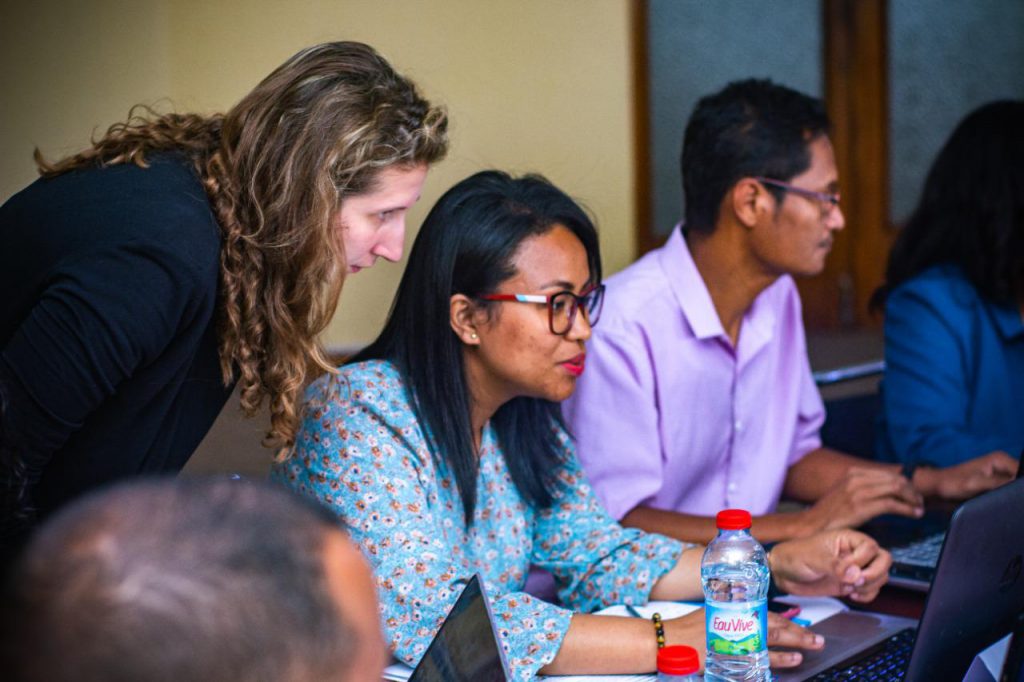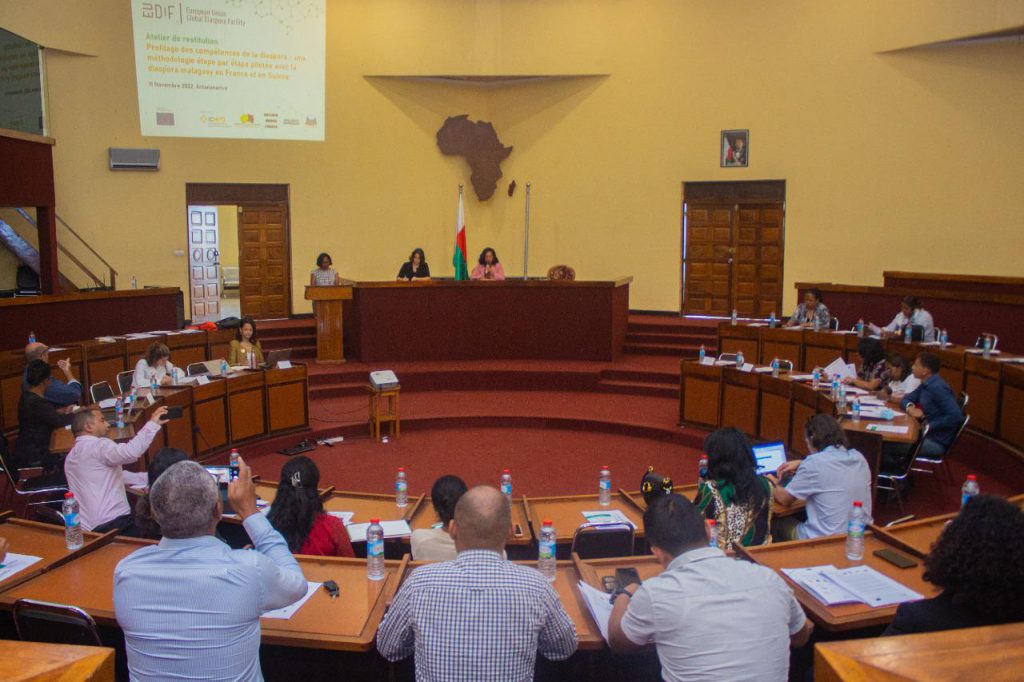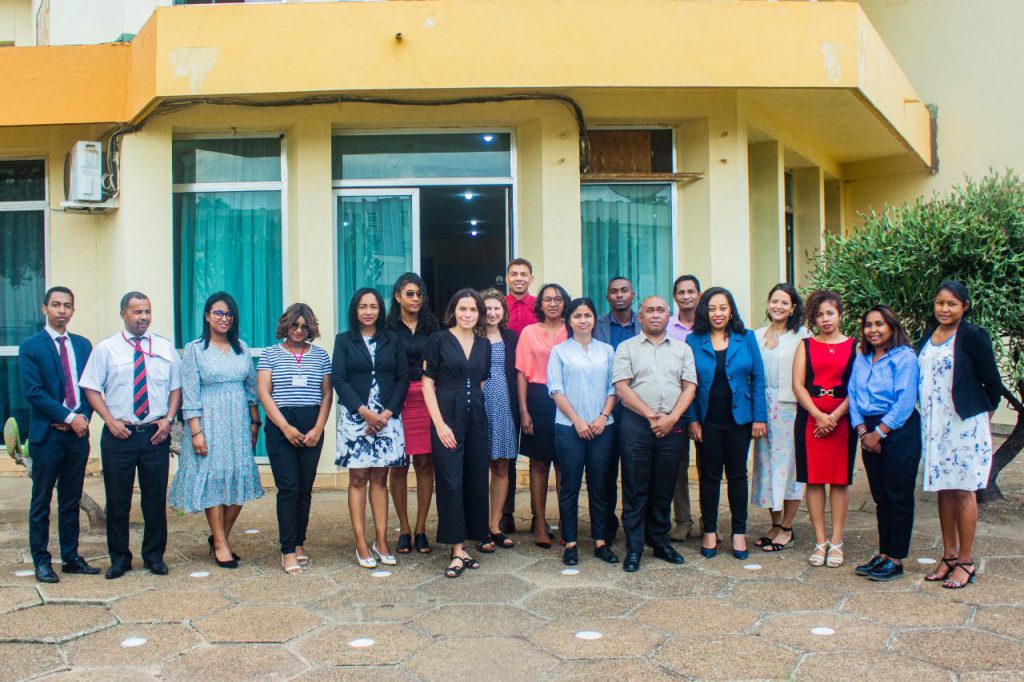
Developing a methodology to profile the skills of the Malagasy diaspora in France and Switzerland
In the national policy for the engagement of the “Malagasy Ampielezana” diaspora (MAE 2021), the Malagasy government identifies the improvement of knowledge of its diaspora as one of the five strategic axes. More precisely, it is specified that mapping1 of “the diaspora on a regular basis and mechanisms to deepen the knowledge of this diaspora and to identify the capacities that can be mobilised to ensure the best possible collaboration between the government of Madagascar and the Malagasy Ampielezana” is an essential step in order to mobilise the diaspora with the aim of “contributing to the reduction of poverty and to support the sustainable development of Madagascar.”
It is in this framework that the EUDiF DP4D action to develop a standard methodology to profile diaspora skills fits in and has been tested with the Malagasy diaspora in France and Switzerland.
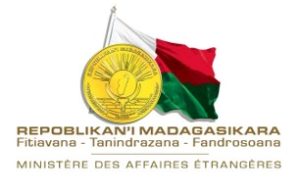
In partnership with
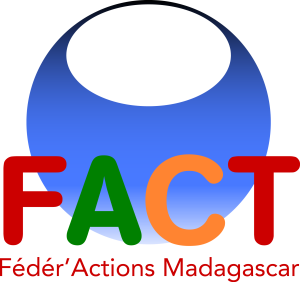
Programme of activities
The action aims to mobilise diaspora professionals to equip the Diaspora Directorate with the tools and knowledge needed to profile the technical, intellectual and financial skills of the Malagasy diaspora.
A first needs assessment was conducted with MFA staff and representatives of relevant ministries gathering data on emigration and diaspora such as: the Ministry of Economy and Finance, the Ministry of Health, the Ministry of Higher Education, the Ministry of National Education and the Ministry of Public Service, Employment, Labor and Social Affairs. The aim was to identify the capacity of the Diaspora Directorate to collect and analyse data and to have an overview of the existing data available.
This needs assessment involved designated staff of all embassies and consulates taking part in the action. The aim of the assessment was to understand their training needs in terms of data collection and have a better understanding of existing data collection methods at embassy/consulate level.
The experts from Katsaka Manga and Anjara research and consulting conducted a desk analysis to compare the advantages and disadvantages of different skills profiling methodologies and explain why they decided to follow a non representative, mixed method approach.
The methodological toolbox sets the step-by step methodology and includes practical factsheets to be used during training workshops. The toolbox includes survey questions to be used, a communication note, as well as information on the tools to be used for data collection and data analysis.
Two training workshops were held on data collection, research methods and data analysis for staff from the Diaspora Directorate and other MFA staff and embassies/ consulates. In total over 30 people have been trained.
During the preparation phase the survey was created and tested on the online platform. Communication tools were created and made available to embassies/consulates and diaspora organisations involved in the data collection.
Data were collected via an online survey and paper versions available at embassies and consulates. FACT Madagascar acted as a gatekeeper and helped disseminate the survey through social media of different member diaspora organisations. LinkedIn was a particularly efficient tool to gather responses to the online survey.
Over 850 responses were gathered, making this profiling the largest ever conducted on the Malagasy diaspora. Two reports are in preparation: a report on the skills profiling methodology and a report on the skills profile of the Malagasy diaspora in France and Switzerland.
On 11 November 2022, the experts gathered in Madagascar to present the results of the action to the national authorities, as well as key stakeholders such as private sector representatives and other development actors.
Two dissemination webinars were organised, one on the pilot methodology and one on the results of the data collection.

Results
The Diaspora Directorate assessed their capacities at the start and end of the action, showing how the various activities have helped to accelerate their knowledge and practical skills in areas essential to achieving their long-term objectives.
EUDiF actions are designed to plug into a partner's existing vision and/or workplan, in order to help enhance, catalyse, or accelerate initiatives in a way the partner will be able to maintain beyond the end of the action. This is why the focus is on enhancing capacities, rather than providing a finished product on behalf of the partner. No partner ever begins from zero capacities, but the progress made during the course of an action can have a huge impact on its operations.
